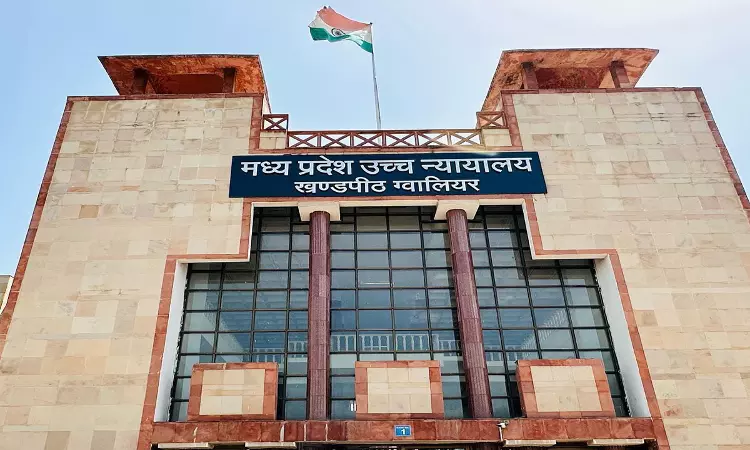Madhya Pradesh High Court: A single judge bench of Justice Milind Ramesh Phadke dismissed a petition filed by Ashok Singh Tomar. Tomar challenged the Labour Court's order that dismissed his claim for reinstatement and back wages after he was terminated. The High Court ruled that Tomar provided insufficient evidence to establish an employer-employee relationship. It noted that just...

